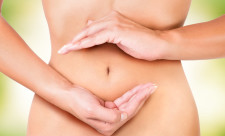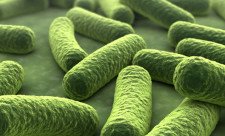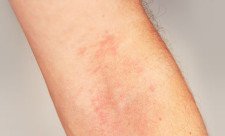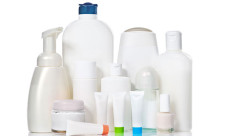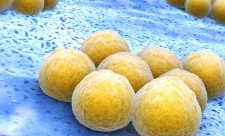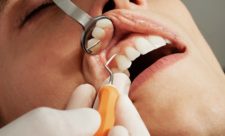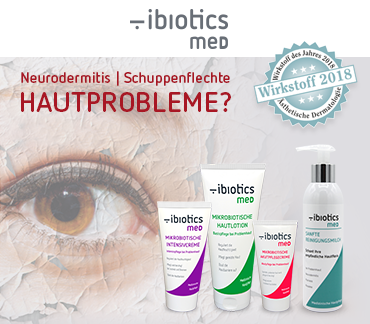
Growing resistance to antibiotics has become one of the greatest global health issues. With grave consequences. Resistance to antibiotics leaves patients with life-threatening bacterial infections without help, at least initially. In their search for the causes behind the rise in antibiotic resistance scientists have repeatedly criticised doctors for overprescribing antibiotics, while patients do not always use them correctly and for many cases – such as influenza – in which they are ineffective anyway.
The antibiotics often used preventively in raising livestock, traces of which we take in through processed meat and sausages, also continue to remain an issue. Bio-based alternatives such as ingredients made from lactic acid bacteria (lactobacillus) are currently researched by biotechnology and pharmaceutical companies but have yet to become accepted in animal breeding.
Scientists have now discovered another possible cause behind the rise in antibiotic resistance: triclosan, an additive found in some soaps, detergents, disinfectants, deodorants, or cosmetic products. In a series of tests, a team headed by Mark Webber from the University of Birmingham detected that bacteria which develop mutations to protect themselves from antibiotics also became resistant to triclosan. In the reverse case, any organism exposed to triclosan might also develop resistances to antibiotics.
In a first test, the scientists were able to prove that E.coli bacteria – after extended exposure to triclosan – developed resistance to the agent. In any case, the use of antimicrobial agents in personal and domestic cleaning products is unnecessary and harmful for the natural diversity of healthy bacteria. Triclosan, in particular, is controversial as it is considered potentially carcinogenic. Many scientists and physicians have called for the agent to be banned.
Sources:
http://www.scinexx.de/wissen-aktuell-21614-2017-07-03.html
https://www.welt.de/gesundheit/article166256180/So-gefaehrlich-ist-die-Wirkung-von-Triclosan.html
http://www.birmingham.ac.uk/news/latest/2017/07/study-links-antibiotic-resistance-to-triclosan.aspx
Dieser Post ist auch verfügbar auf: German

 31. Aug 2017
31. Aug 2017 Popular
Popular Recent
Recent Comments
Comments

